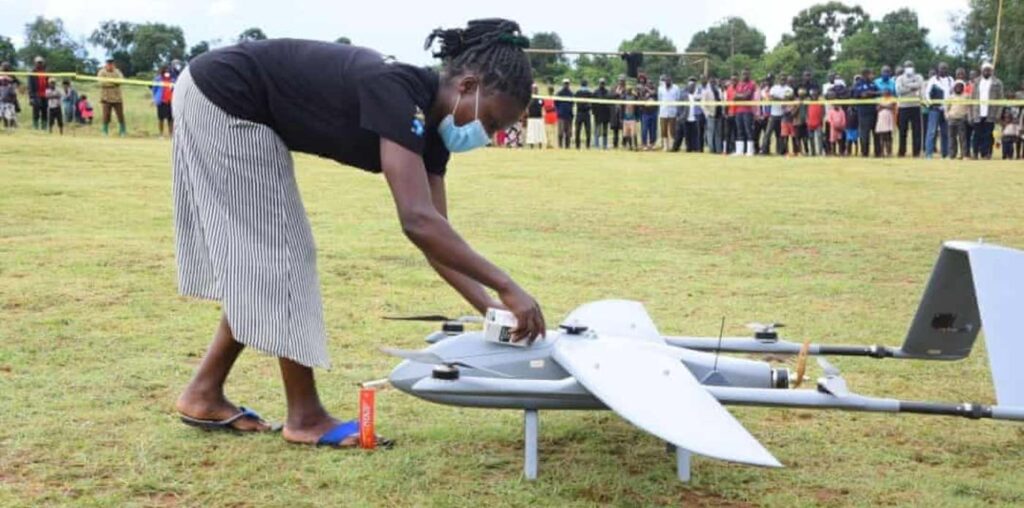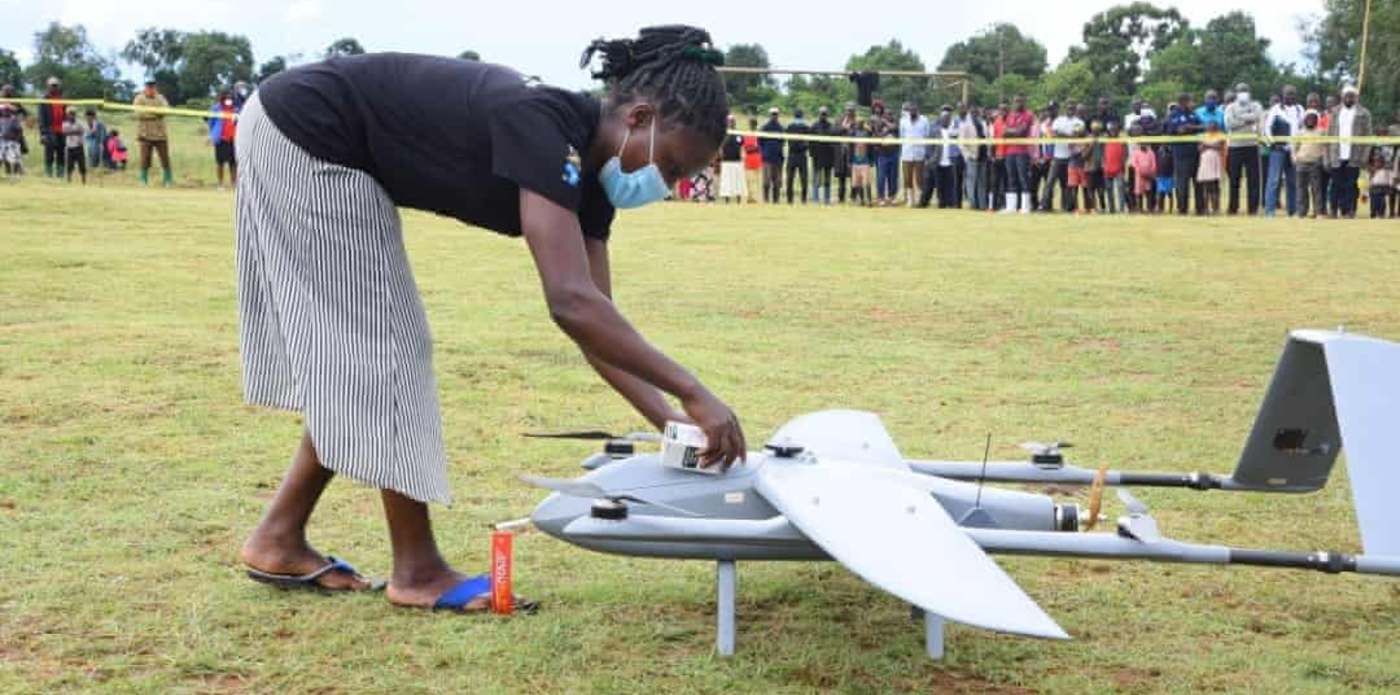
On the 84 remote islands that make up Uganda’s Kalangala District on the surface of Lake Victoria, medical experts are tackling one of Africa’s worst provincial HIV crises with the help of cargo drones.
Uganda isn’t alone in the project, as Rwanda and Ghana also use medical supply drones to reach far off communities, and together the technology promises a faster and more reliable way to deliver life-saving drugs and supplies to more than 22 million Africans.
Using these drones is being called a “game changer,” and while Victoria is a lake, it’s so big that a passenger ferry needs 16 hours to cross it. Adding up the time for stops and navigation around the islands, and trying to distribute medical supplies by boat becomes an enormous undertaking.
Home to around 67,000 people, Lake Victoria’s islands have an HIV incidence rate of 18%, far above the national average of 5.6%. Getting antiretroviral drugs to HIV-positive patients can prevent the virus from crippling the immune system, and the 4.5 foot wingspan of the cargo drones can carry a kilogram of these supplies at a time—to a distance of about 150 kilometers (105 miles).
Developed by the Academy For Health Innovation Uganda and costing around $5,500 each, the drones launched last week for the first time—and will go on to supply 78 separate community groups and health facilities across the widely scattered Ssese islands, with about 200 scheduled flights per month.
MORE: Inspired by Marvel’s Mythical ‘Wakanda’, Ugandan Village is Built on Shea Butter and Solar Power
“Using medical drones is a huge step for us as a health sector in improving service delivery especially in hard to reach areas,” said Uganda’s director general of health services Henry Mwebesa, according to the Guardian. “It’s very useful. Once it’s successful we can adopt it for other facilities and replicate it in other places.”
CHECK OUT: Traps That Once Snared Uganda’s Wildlife Are Turned into Intricate Art With ‘Snares to Wares’
“Thanks to the support and coordination of our partners, including Johnson & Johnson, this program will help gather the information and data needed to help make this future a reality, while also helping to deliver lifesaving care to people in need,” said Parkes-Ratanshi, director of the project for the Academy.
FLY This Hopeful Story Over to Friends on Social Media…




















